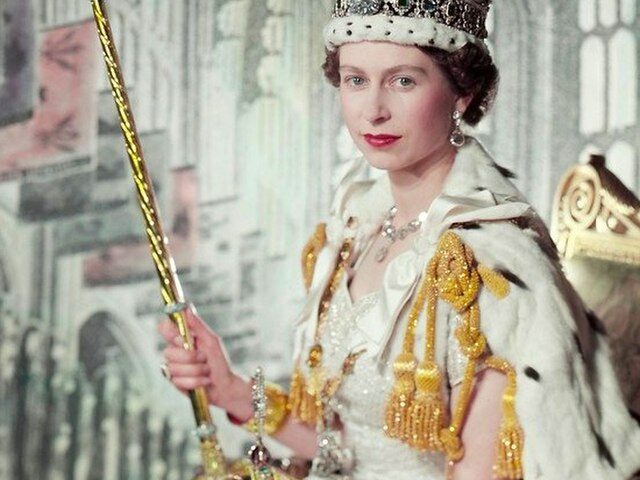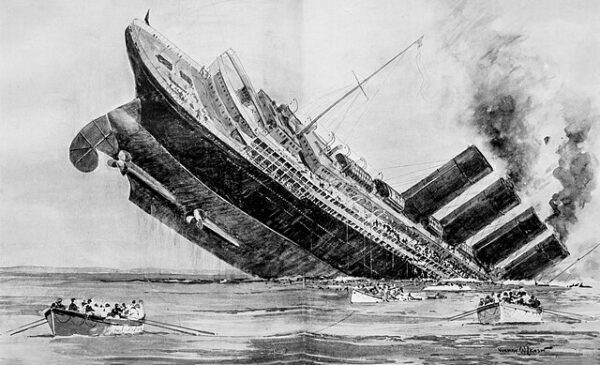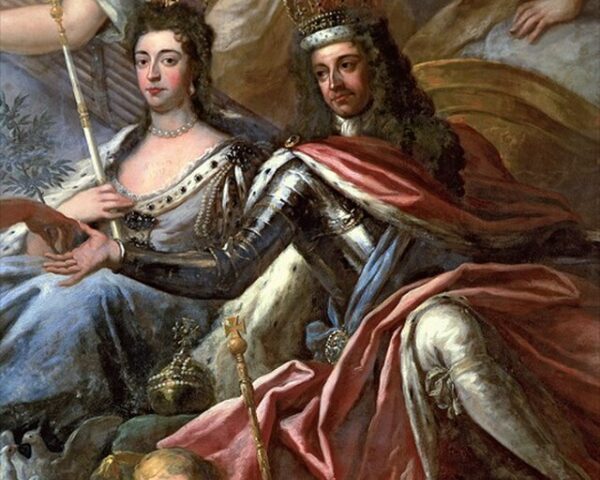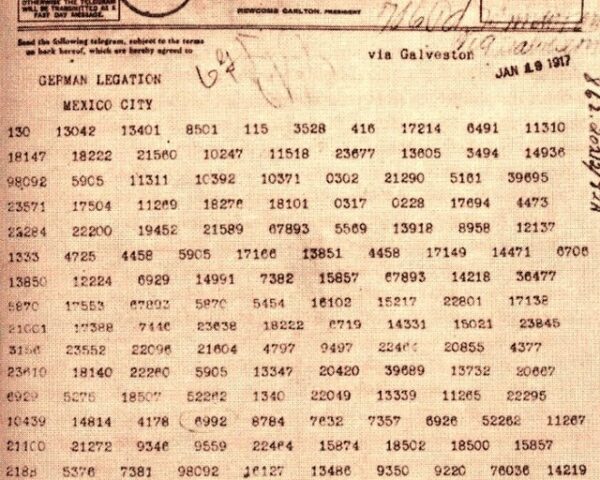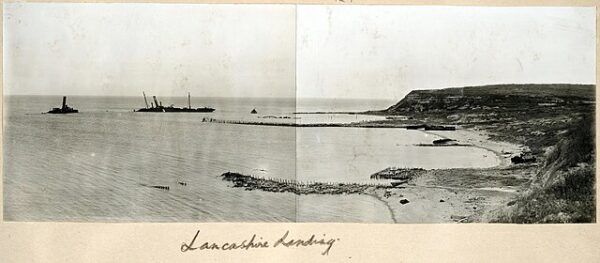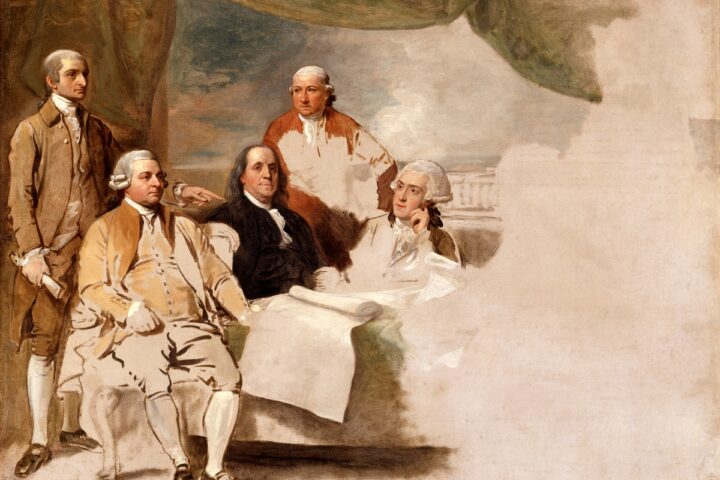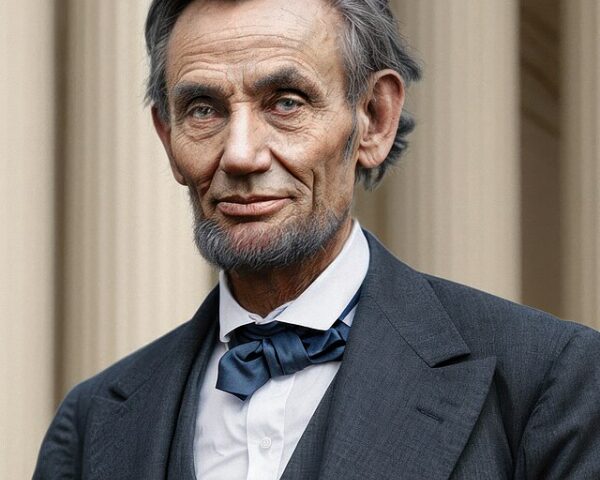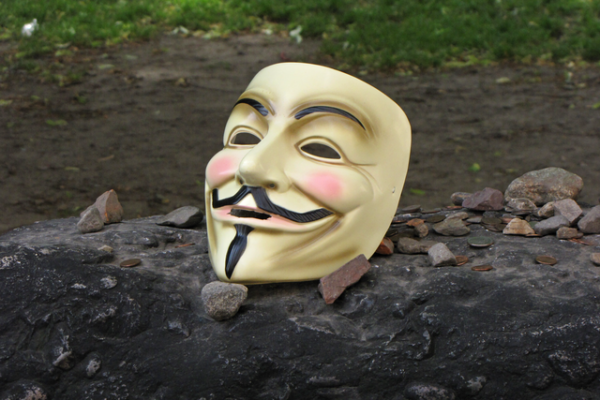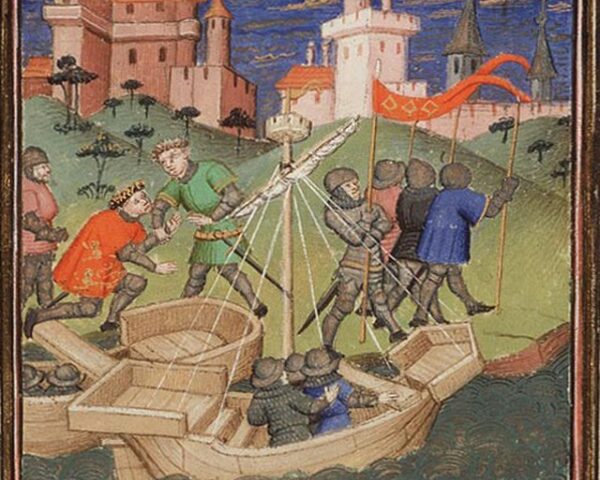On June 2, 1953, the world watched intently as Queen Elizabeth II officially received her crown. Elizabeth’s coronation occurred while her country still had scars from World War II. NPR writes that “the start of the 25-year-old’s reign was widely seen as the dawn…
Read MoreOn May 7, 1915, during World War I, the British ocean liner RMS Lusitania was torpedoed and sunk by a German submarine, U-20, off the coast of Ireland. The attack resulted in the loss of over 1,100 lives, including civilians and neutral passengers, triggering…
Read MoreWilliam III and Mary II’s joint coronation as sovereigns of Great Britain marked a pivotal moment in English history, ushering in a new era of constitutional monarchy and political stability. Their ascension to the throne in 1689 came amidst the tumultuous backdrop of the…
Read MoreOn March 1, 1917, Americans learned that Germany had urged our neighbor to attack the United States. The Zimmerman Telegram hit the front page of newspapers and became a turning point in World War I. The telegram, originally sent by German Foreign Minister Arthur…
Read MoreOn January 9, 1916, the Battle of Gallipoli ended with a decisive Ottoman victory, marking a pivotal moment in World War I. This campaign, spanning from April 25, 1915, to January 1916, represented a daring but unsuccessful Allied attempt to seize control of the…
Read MoreThe United States became independent on July 4, 1776, but it did not become free from the British until November 30, 1782. The Treaty of Paris, preliminarily signed on that date and sent to both countries for final approval, marked the official end of…
Read MoreOn November 8, 1861, the Abraham Lincoln and Secretary of State William Seward found themselves caught in one of the most important diplomatic conflicts during the Civil War. Called the “The Trent Affair,” the incident involved the interception of a British mail steamer, the RMS Trent,…
Read MoreRemember, Remember the 5th of November, Gunpowder, treason and plot. It’s the beginning of a poem that children all over Great Britain sing as every November 5 the nation lights up in fireworks and bonfires. Unlike the United States, where Americans celebrate the birth…
Read MoreOn October 23, 1707, democracy in Great Britain took a huge step forward with the opening of the first united Parliament. The new governing body served as the culmination of years of negotiations and debates that united the kingdoms of England and Scotland, marking…
Read MoreOn September 27, 1066, William the Conqueror set sail on a trip that would change the course of world history, leaving Normandy and sailing toward Britain. He would soon face the most important battle in British history before World War II and be seated…
Read More

